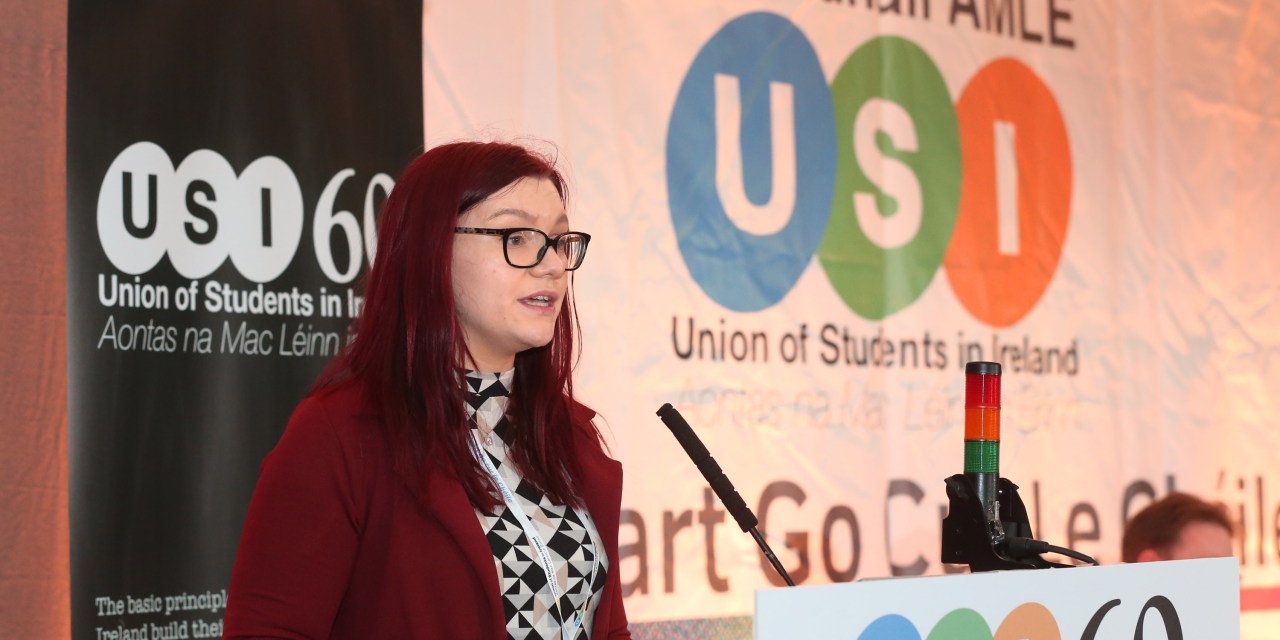The Union of Students in Ireland (USI) has welcomed the announcement of €5 million in funding towards student mental health services.
Minister for Further and Higher Education Simon Harris announced the €5 million for student well-being and mental health on Monday as colleges around the country prepare to reopen next month.
Harris originally announced in July that €3 million would be provided to mental health services, without making clear whether this would be in addition to the €2 million allocated in Budget 2020 last October.
USI President Lorna Fitzpatrick stated: “This funding was urgently needed before the pandemic and so is now required more than ever.”
A USI Student Mental Health report from 2019 found that 38 per cent of students who responded to a survey experienced extreme levels of anxiety, while 30 per cent reported symptoms of depression.
“While we are delighted to see this very needed funding allocation, we need annual funding to be ring-fenced for wellbeing initiatives and counselling services to continue this work,” Fitzpatrick said.
The funding will go into increasing capacity and reducing waiting times for counselling appointments, while also being used to further develop Consent Frameworks in HEIs and the National Student Mental Health and Suicide Prevention Framework.
A recent USI Sexual Experiences Survey, which involved over 6000 undergraduate and postgraduate students surveyed during February and March 2020, revealed high rates of non-disclosure amongst first years due to reasons such as that they did not want anyone to know, that they felt shame and embarrassment, and that they felt their experiences were not serious enough. The study recommended the widespread implementation of a Consent Framework across higher education institutions.
n 2019, there were 421 deaths by suicide in Ireland, according to figures from the Central Statistics Office (CSO), and although year by year the suicide rate is highly varied in Ireland, young men and students consistently classify as a vulnerable group.
The Psychological Counsellors in Higher Education Ireland (PCHEI) also welcomed the additional 3 million euros in funding, with Gertie Raftery, the PCHEI Chairperson, stating that prior to Covid-19, Ireland’s campus services were severely over-stretched.
“Our returning and incoming students are central to Ireland’s recovery from COVID-19,” Raftery said.
“They are our future. But we won’t just take care of them for who they will become, we will take care of them because it’s the right thing to do, and on campus, we have huge opportunity to do so.”






